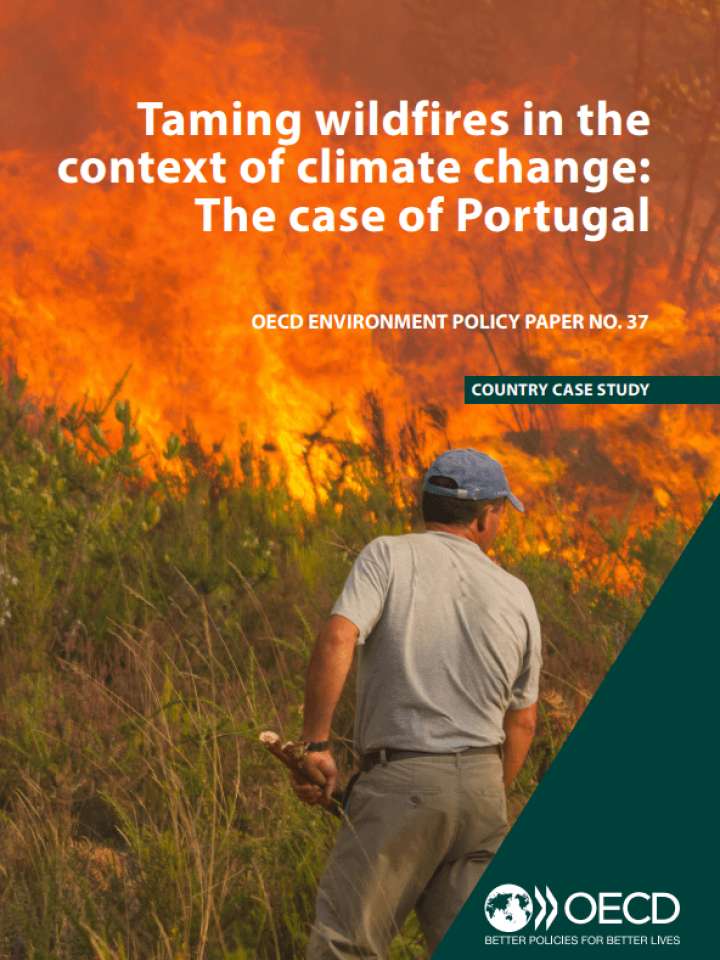Taming wildfires in the context of climate change: The case of Portugal
This paper provides an overview of Portugal’s wildfire policies and practices and assesses the extent to which wildfire management in the country is evolving to adapt to growing wildfire risk under climate change. The frequency and severity of extreme wildfires are on the rise in Portugal, causing unprecedented disruption and increasingly challenging the country’s capacity to contain losses and damages. These challenges are set to keep growing in the context of climate change, highlighting the need to scale up wildfire prevention and climate change adaptation.
Overall, the paper concludes, following a series of particularly extreme wildfire events, adaptation to wildfire risk has significantly improved in Portugal, leading to a clearer and more integrated institutional setup as well as to a substantial increase in funding available for ex ante risk reduction. Going forward, future efforts could be directed towards further enhancing fuel management to reduce landscape flammability, e.g. by further investing in the maintenance of strategic fuel mosaic areas and fuel breaks, favouring more resilient land cover types and further promoting active land management on private lands.
Explore further
